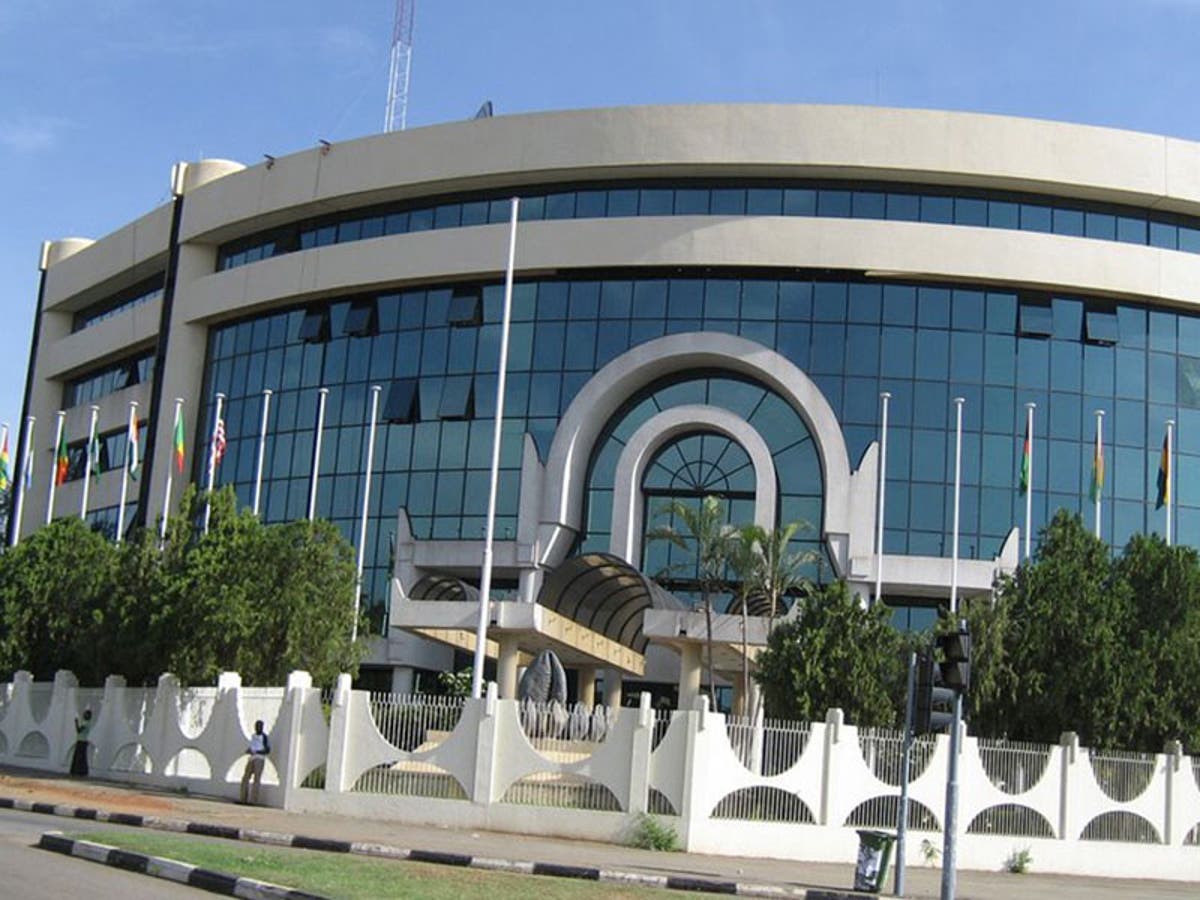The Attorney General of the Federation, Abubakar Malami, had threatened to arrest and prosecute Nigerians who were using Virtual Private Network to bypass the suspension of Twitter.
Civil Society Organisation, the Socio-Economic Rights and Accountability Project, and 176 concerned Nigerians, however, instituted a suit before the ECOWAS court, arguing that the unlawful suspension of Twitter in Nigeria, criminalisation of Nigerians and other people using Twitter had escalated repression of human rights and unlawfully restricted the rights of Nigerians and other people to freedom of expression, access to information, and media freedom in the country.
SERAP Deputy Director, Kolawole Oluwadare, said in a statement that in a landmark ruling on Tuesday, the ECOWAS court restrained the regime of the President, Major General Muhammadu Buhari (retd.), and its agents from “unlawfully imposing sanctions or doing anything whatsoever to harass, intimidate, arrest or prosecute Twitter or any other social media service provider, media houses, radio, television broadcast stations, the plaintiffs and other Nigerians who are Twitter users, pending the hearing and determination of this suit.”
The court gave the order after hearing arguments from Solicitor to SERAP, Femi Falana (SAN), and lawyer to the government Maimuna Shiru.
The ECOWAS court further stated, “The court has listened very well to the objection by Nigeria. The court has this to say. Any interference with Twitter is viewed as interference with human rights, and that will violate human rights. Therefore, this court has jurisdiction to hear the case. The court also hereby orders that the application be heard expeditiously. The Nigerian government must take immediate steps to implement the order.”
Reacting to the ruling, Falana said the intervention of the ECOWAS Court is a timely relief for millions of Nigerians using Twitter who have been threatened with prosecution under the provision of the Penal Code relating to sedition.
The senior advocate argued that contrary to a later assurance credited to Malami that violators of the Twitter suspension would not be prosecuted, the Federal Government filed processes in the ECOWAS Court threatening to prosecute Nigerians using Twitter for violating the suspension under the provisions of the Penal Code relating to sedition.
“It is extremely embarrassing that the Federal Government could threaten to jail Nigerians for sedition, which was annulled by the Court of Appeal in 1983, in the case of Arthur Nwankwo vs The State,” Falana said.
The substantive suit has been adjourned till July 6, 2021 for hearing of the substantive suit.
Culled from the Punch News Nigeria
































